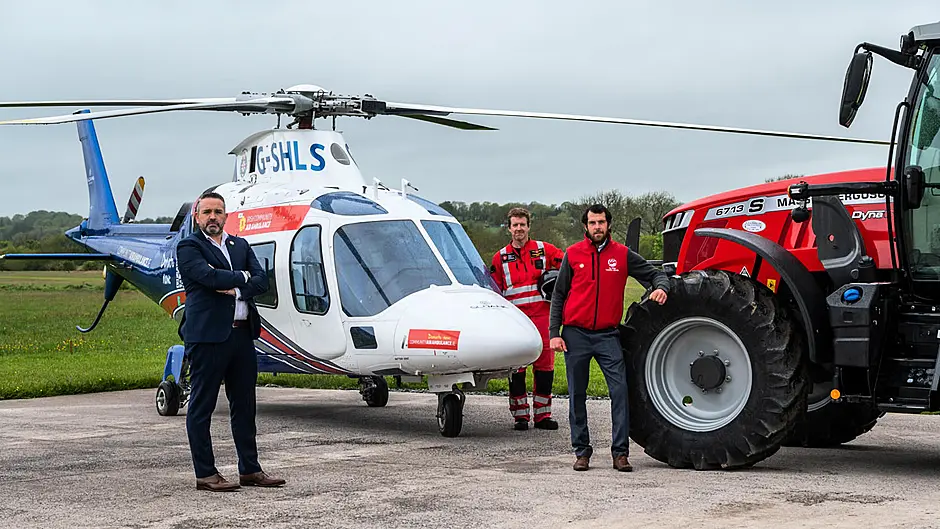THE Irish Community Air Ambulance which has aided the National Ambulance Service on almost 1,000 occasions over the past two years, now faces a Vat bill of €320,000 due to a Brexit-related change in aircraft leasing.
However, FG Senator Jerry Buttimer said a relief scheme must be extended to the charity who could use that sum to fund an additional 92 lifesaving missions each year.
‘The Irish Community Air Ambulance has seen a rise of 20% in their taskings to date this year, highlighting the demand and need for this vital service in the communities it serves.
‘Each tasking costs an average of €3,500, representing excellent value for money while also saving lives and transporting people for urgent treatment.
‘Irish Community Air Ambulance leases its helicopters from Sloane Helicopters, a company based in the UK. In June, Sloane Helicopters set up a company to enable it to continue operating in Ireland in this post-Brexit era.
‘The new company will operate under an Irish Airline Operating Certificate, AOC, and Irish Community Air Ambulance will lease helicopters from the new Irish entity. As a result of this arrangement, Irish Community Air Ambulance will be charged VAT on its payments to Sloane Ireland.’
The organisation has alread faced considerable challenges to raise funds to stay operational and Senator Buttimer is now calling on the Minister for Finance to help reach an ‘equitable outcome.’
Meanwhile, the charity has partnered with Macra na Feirme to launch a joint campaign to appeal to all rural communities to exercise care as activity in rural Ireland increases during the summer months, and to plan a safe silage season.








